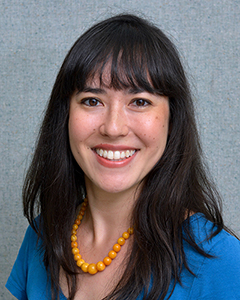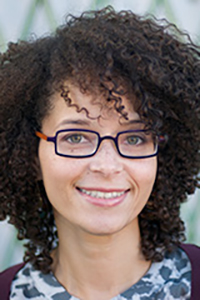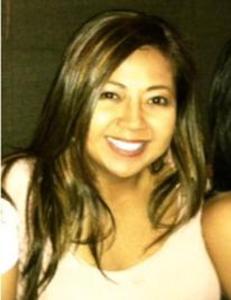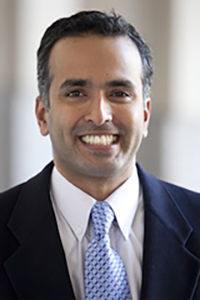Fall 2015 | Civic and Political Engagement
What does it mean to say, “I am an American citizen?” Putting cultural and religious practices to one side, at least part of the answer to the question is that Americans have a commitment to democracy. Indeed, the US naturalization process emphasizes the idea of citizenship as participation. Yet historically, immigrants along with Native Americans and African-Americans have had a much harder time exercising the idea of citizens as democratic participants than white people. What does the change that is re-shaping the United States from being a predominantly white to a more diverse nation mean for the idea of “American-ness?” How does the fraught history of naturalization law, voter suppression, Jim Crow and the like influence the way a minority-majority culture conceives of the idea?
This seminar would examine the question of “American-ness” in terms of the civic and political participation of immigrant communities and minority citizens. How do different ethnic, national and cultural groups participate in civic organizations and political practices? How do different groups and individuals conceive of what it is to be an American? Are the concepts and orientations we have developed to study politics and civic engagement dominated by white voters or, at most, a while-black divide adequate to understand a trilateral and even quadrilateral racial and ethnic politics? What sorts of civic and political organizations enhance political and civic integration and how should we think of the difference between integration and assimilation? This seminar would examine these questions and, with its participants, address issues of identity, values and engagement.
Faculty Participants
 Megan Asaka, Assistant Professor of History
Megan Asaka, Assistant Professor of History
Megan Asaka is an assistant professor of history at the University of California, Riverside, where she specializes in Asian American history, urban history, and public history. She is currently writing a book about transiency, race, and urban spatial formation through a case study of early 20th century Seattle. A fourth-generation Seattleite, Asaka earned a BA from Brown University and PhD in American Studies from Yale University. She has also worked extensively in public history organizations, including five years as an oral historian for Densho, a Seattle-based digital archive offering interviews, photographs, and other primary source materials related to the World War II incarceration of Japanese Americans.
 Erica Edwards, Associate Professor of English
Erica Edwards, Associate Professor of English
Professor Edwards is the author of Charisma and the Fictions of Black Leadership, which won the Modern Language Association’s 12th annual William Sanders Scarborough prize. Her work explores the ways in which contemporary African-American literature challenges us to think in new ways about the relationships between African-American narrative, American popular culture, and the contemporary history of black politics and black social movements.
 Mariam Lam, Associate Professor of Comparative Literature
Mariam Lam, Associate Professor of Comparative Literature
Professor Lam is the co-editor of Vietnamese Americans: Lessons in American History (2001, and its second edition in 2004.) Her forthcoming book, Not Coming to Terms: Viet Nam, Post-Trauma and Cultural Politics, analyzes cultural production and community politics within and across Viet Nam, France, and the US.
 Karthick Ramakrishnan, Professor of Political Science
Karthick Ramakrishnan, Professor of Political Science
Professor Ramakrishnan has written extensively on immigrant civic engagement and is a co-editor of Asian American Political Participation: Emerging Constituents and Their Political Identities. He also directs the National Asian American Survey, which provides an ongoing window into the policy attitudes and civic participation of Asian Americans.
Graduate Students
Rudy Alamillo, Political Science
Kristen Hayashi, History
Jasmine Riley, English
Minh Nguyen, Comparative Literature
Undergraduate Students
Gorlia Xiong, Biology
Bradford Choung, Political Science
Tye Rush, Political Science
Daisy Mercado, Political Science
Seminar Papers
Tye Rush-199-paper
Bradford Choung – Asian-Americans and Civic Engagement